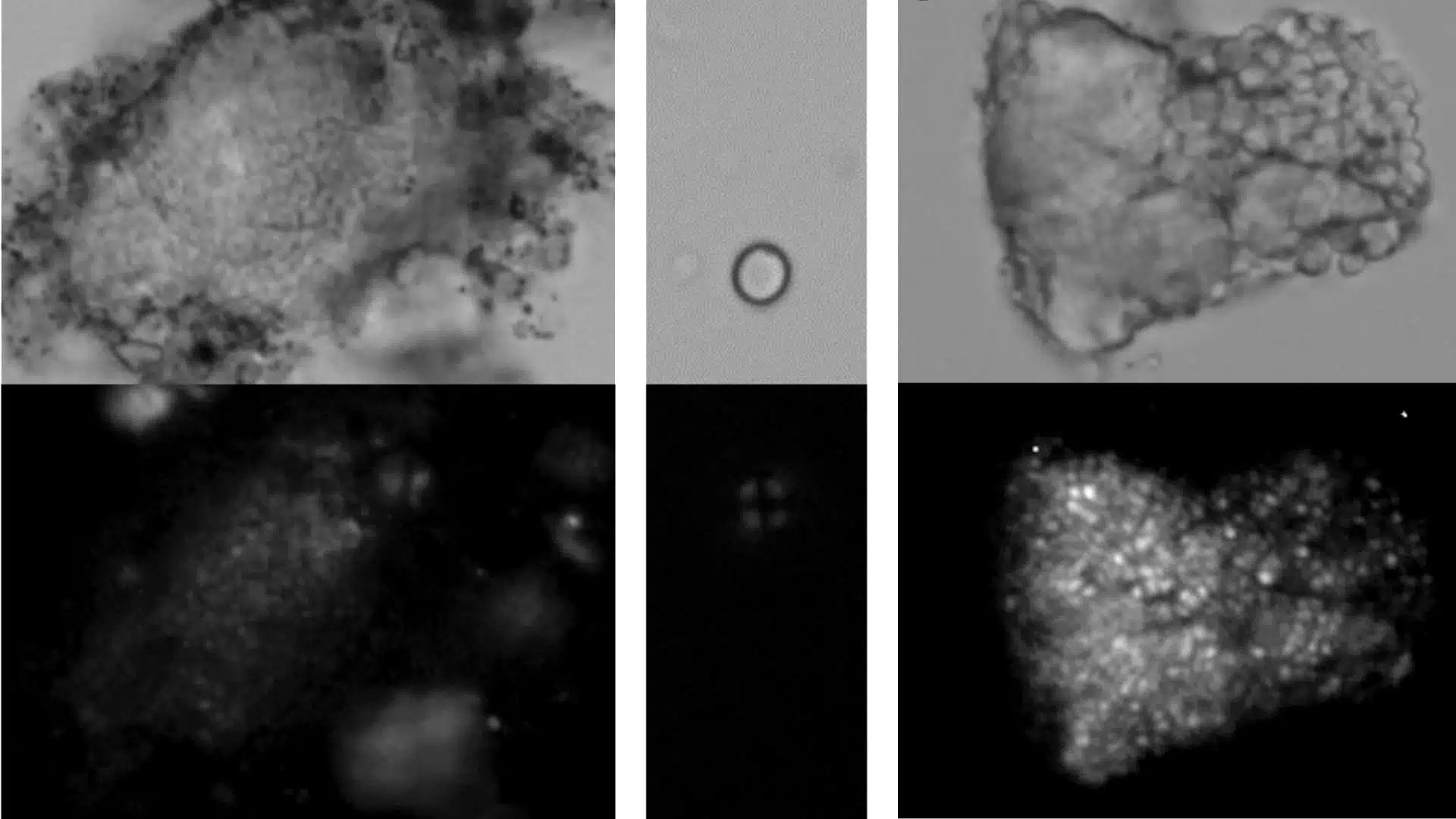Ancient Carbs: Findings from Gesher Benot Ya’aqov on the Jordan River Challenge Paleo Diet
The Paleo diet, known for its emphasis on lean meats, fruits, vegetables, nuts, and seeds, has long been promoted as a way to eat like our prehistoric ancestors. However, a recent study from the Gesher Benot Ya’aqov site in the Middle East suggests that this diet might not accurately represent ancient eating habits. Published in the Proceedings of the National Academy of Sciences, the study supports the idea that ancient humans relied heavily on plant-based foods.
The research, led by Dr. Hadar Ahituv and his team, discovered starch grains on ancient tools at the Gesher Benot Ya’aqov site. This finding indicates that early humans consumed a wide variety of plants, including acorns, cereals, legumes, and aquatic plants. This discovery underscores the importance of plant foods in the evolution of our ancestors and challenges the prevailing narrative that ancient human diets were primarily based on animal protein.
Three morphological groups of archaeological starches discovered at the Gesher Benot Ya’akov (GBY) site. Credit: Hadar Ahituv et al.
The Paleo diet is one of the most popular eating trends worldwide. Advocates claim it reflects the eating habits of early humans before the development of agriculture and industry about 12,000 years ago. While the Paleo diet encourages the consumption of lean meats, fish and seafood, fresh fruits and vegetables, nuts and seeds, and healthy fats, and avoids grains, legumes, and dairy products, this new study suggests that some of its claims don’t hold up to scrutiny. The research indicates that ancient humans did, in fact, enjoy carbohydrates. Among the finds at the site is the discovery of starch grains approximately 780,000 years old on the surface of basalt tools used by ancient humans. The presence of these starch grains suggests that early humans gathered and processed a variety of plant-based foods, which played a significant role in their diet. This evidence challenges the notion that ancient humans primarily consumed animal-based foods and highlights the importance of carbohydrates in their diets.


